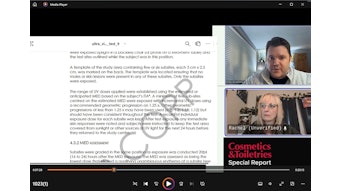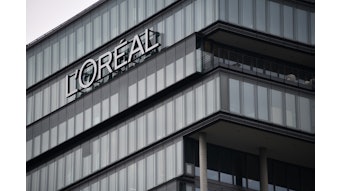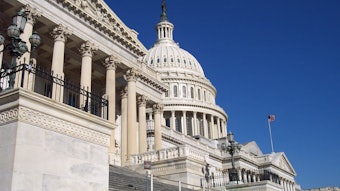On Tuesday, Rep. Jan Schakowsky (D-IL), along with Reps. Ed Markey (D-MA) and Tammy Baldwin (D-WI), introduced HR 5786, the Safe Cosmetics Act of 2010 only days after the Personal Care Products Council (PCPC) petitioned Congress for greater oversight from the US Food and Drug Administration (FDA) on cosmetics regulation, making July truly a month of cosmetics regulation in the United States.
Although HR 5786 is not related to the regulatory oversight proposed by the PCPC, the two have some similarities in that both call for greater FDA oversight of cosmetics regulations; however, HR 5786 calls for much more oversight. In addition, the bill reportedly is based on findings by the Campaign for Safe Cosmetics, a nongovernmental organization (NGO) that suppports the bill.
HR 5786 seeks to amend Chaper VI of the Food, Drug and Cosmetic Act, which concerns adulterated and misbranded cosmetics, by adding a subchapter on the regulation of cosmetics. Highlights of this subchapter include the FDA requiring: the registration of all manufacturers, distributors and packaging houses of cosmetics; the declaration of
Annual registration of domestic and foreign establishments that manufacture, package or distribute cosmetics in the United States would be required under HR 5786. These companies would be required to provide contact information, a description of their activities, gross receipts, the number of employees, and the name and address of any company that supplies a cosmetic manufacturing establishment with ingredients for its products. This list then would be made publically available by the FDA. Regulatory expert David Steinberg, of Steinberg & Associates, told Cosmetics & Toiletries magazine, "This bill is positioned to be very costly for both the FDA and the industry."
Within one year of enactment, manufacturers and distributors of cosmetics and ingredients would be required to submit all reasonably available information in the possession or control of the manufacturer or distributor that has not previously been submitted to [FDA] regarding the physical, chemical, and toxicological properties of single or multiple chemicals listed on the cosmetic labels, including function and uses, tests of cosmetics, and exposure and fate information. Within that year, HR 5786 also requires cosmetic labels to include a declaration of the name of each ingredient in such cosmetic in descending order of predominance.
Further, under HR 5786, the FDA would be required to declare safe, probited and restricted ingredients no later than two years after the date of enactment. In addition, it must compile a priority assessment list of more than 300 ingredients in addition to the above assessed ingredients that require more information for a safety assessment.
As noted, to fund the additional manpower required to enforce HR 5786, the bill requires the FDA to establish fees. These fees would be assessed on companies with annual sales of over US $1 million, and would be based upon the company's gross reciepts and sales.
If an ingredient is declared probitied by the FDA, products containing this ingredient cannot be manufactured, imported, distributed or marketed in the United States under HR 5786. Similarly, if a company fails to declare all information to the FDA, they also cannot manufacture or distribute products in the United States.










